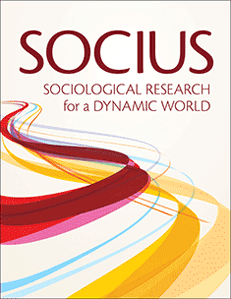Racial minority groups in the United States often seek out religious support for mental health struggles. Yet past studies have often overlooked religion as a key explanatory factor shaping racial-ethnic differences in perceptions of mental health conditions such as depression and anxiety. The authors examine whether views of the relationship between religion and science shape agreement with different explanations for mental health conditions. Drawing on a national probability survey collected in 2021 (n = 3,390), the authors find that individuals who draw boundaries between religion and science had higher odds of rejecting biological and social explanations of mental health conditions, whereas individuals who see religion and science as collaborative had higher odds of affirming biological and social explanations. Belief that we trust science too much (and religion not enough) helped explain Black respondents’ support for religious explanations. The findings underscore the importance of beliefs about religion and science in understanding racial-ethnic differences in views of mental health.





